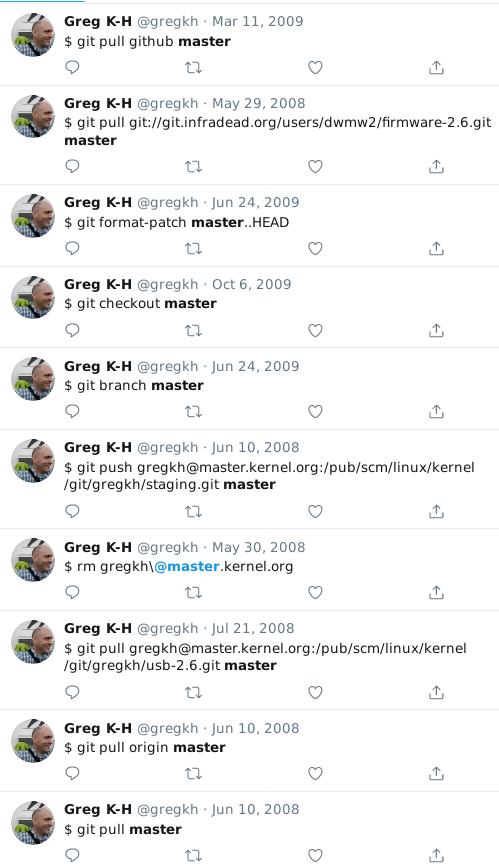

WORDS change over time. The meaning, the connotation, the nuance. Words are dynamic, not static (not just choice thereof). Their usage too changes over time (e.g. "gay" and "pussy"). Many years ago the "n word" was said openly (it's still considered OK for African-Americans to say it out loud). The point is though, what was once seen as normal is nowadays seen as unacceptable and if people are judged for their past actions (things they said and/or did a very long time ago), especially using today's standards, the consequences may be severe. We've seen politicians or celebrities being 'canceled' that way. Whether they deserved it or not is a separate question.
"The whole thing sometimes feel like a deliberate distraction piggybacking legitimate grievances."People's lifespan changes over time. Life expectancy (longevity) improved a lot in just a few hundreds of years, changing from something in the range of 30 to 40 to nearly 80 (depending on the country, as different countries have different levels of access to health, general wealth and genetics). This means that nowadays, in 2020, some people can still be judged for things they said and did, even as grown-ups (adults), in Nazi Germany and perhaps the Bolshevik revolution if one is extremely old.
We recently compared the campaign to remove allegedly offensive words to what Russia and what China had done as recently as a few years ago in the name of "Stability..."
The point is, those looking to ban words aren't necessarily well-meaning and benign.
As Britannica puts it, regarding Mao: "There is no single accepted measure of Mao and his long career. How does one weigh, for example, the good fortune of peasants acquiring land against millions of executions and deaths? How does one balance the real economic achievements after 1949 against the starvation that came in the wake of the Great Leap Forward or the bloody shambles of the Cultural Revolution? It is, perhaps, possible to accept the official verdict that, despite the “errors of his later years,” Mao’s merits outweighed his faults, while underscoring the fact that the account is very finely balanced."
State violence like carpet-bombings is hardly being questioned by those who push to ban words right now. And yet worse -- some of those people work for the very same companies that facilitate bombings, executions, internment camps and so on. As we noted yesterday, some put malicious features in the Linux kernel. What they want us to be bothered by are words; not technical offence, such as TPM and DRM.
Here in Techrights we'd rather deal with technical issues; we don't think "shell" is offensive because of shellshock trauma (war, bombings) or that all "puppetmaster" machines need to be renamed/removed; it would cause chaos not just in the documentation sense but also backward compatibility, general robustness etc. It can crash entire systems and for so little gain. So little gain. Have you ever met someone who said he or she was offended by the word "grandfathering"? Many grandparents are proud to be grandparents. They're not oversensitive about it.
The whole thing sometimes feel like a deliberate distraction piggybacking legitimate grievances. Considering the driving forces behind it -- Linux Foundation staff and people who are salaried by bombing allies -- we're hardly impressed. They don't have much authority or moral high ground. They don't speak from a position of ethics but a position of Public Relations for their employer. All those who dare or find the courage to disagree, however politely, risk being painted "zealots" (which is a big accusation in the era of Donald Trump). ⬆